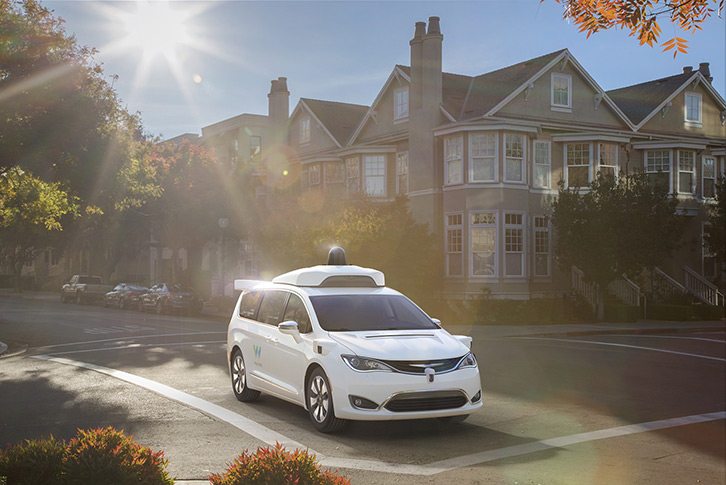Waymo, Google's self-driving unit, has filed a patent describing a system to prevent motion sickness in its vehicles.
According to the application filed with the United States Patent and Trademark Office, its technology will strategically choose routes based on "ease of transit," discovering paths offering the least likelihood of vomiting passengers, with separate mechanisms to prevent sudden "stop and go."
Some features include notifications on which seat to choose, along with a push notification system advising passengers to stop reading or fix their gaze elsewhere. Rides would move between relaxed and rough based on how soon passengers want to arrive at their destinations, with rougher trips for deadline beaters.
No word on the timetable for the patent to become finalized.
Waymo has been on a tear lately. As of this writing, it has accrued more than 5-million self-driven miles on public roads, testing in 25 cities, with Atlanta announced earlier this year. It also completed 2.7-million miles of "simulated" self-driving to cover thousands of unique driving scenarios not easily replicable in a real-world environment.
Currently, its fleet is circling Phoenix, Ariz. in an 'early rider program,' using a select group of area residents hailing rides using a smartphone app.
Last week, it also released a 360° video titled 'Waymo 360° Experience: A Fully Self-Driving Journey' which offers an immersive look into how the technology works from the perspective of a passenger sitting in the rear seat of one of its self-driving Chrysler Pacifica minivans.
Look for Waymo to launch its ride-hailing service by the end of 2018.
NEXT: FORD TO TEST ITS SELF-DRIVING VEHICLES IN MIAMI
WATCH




